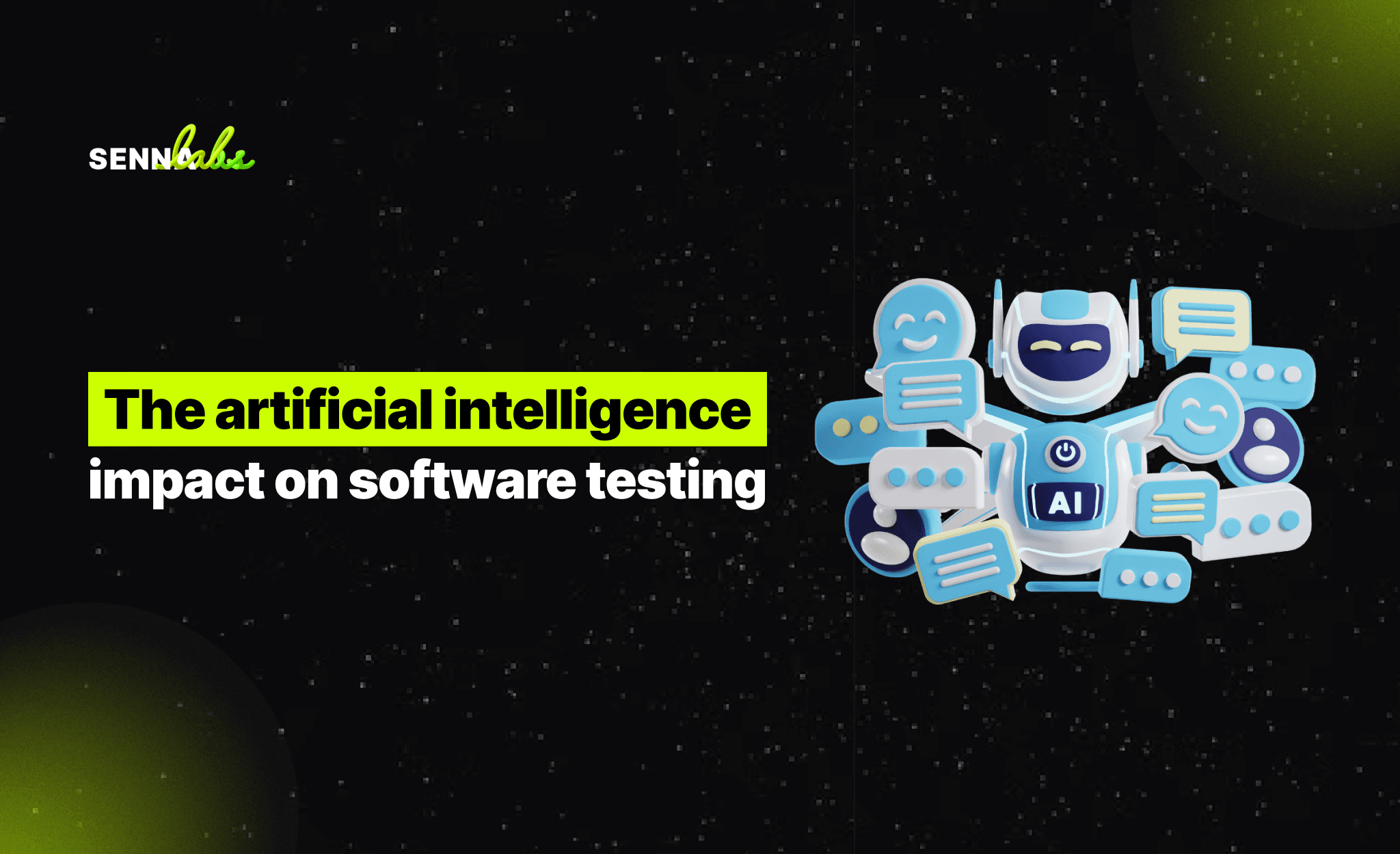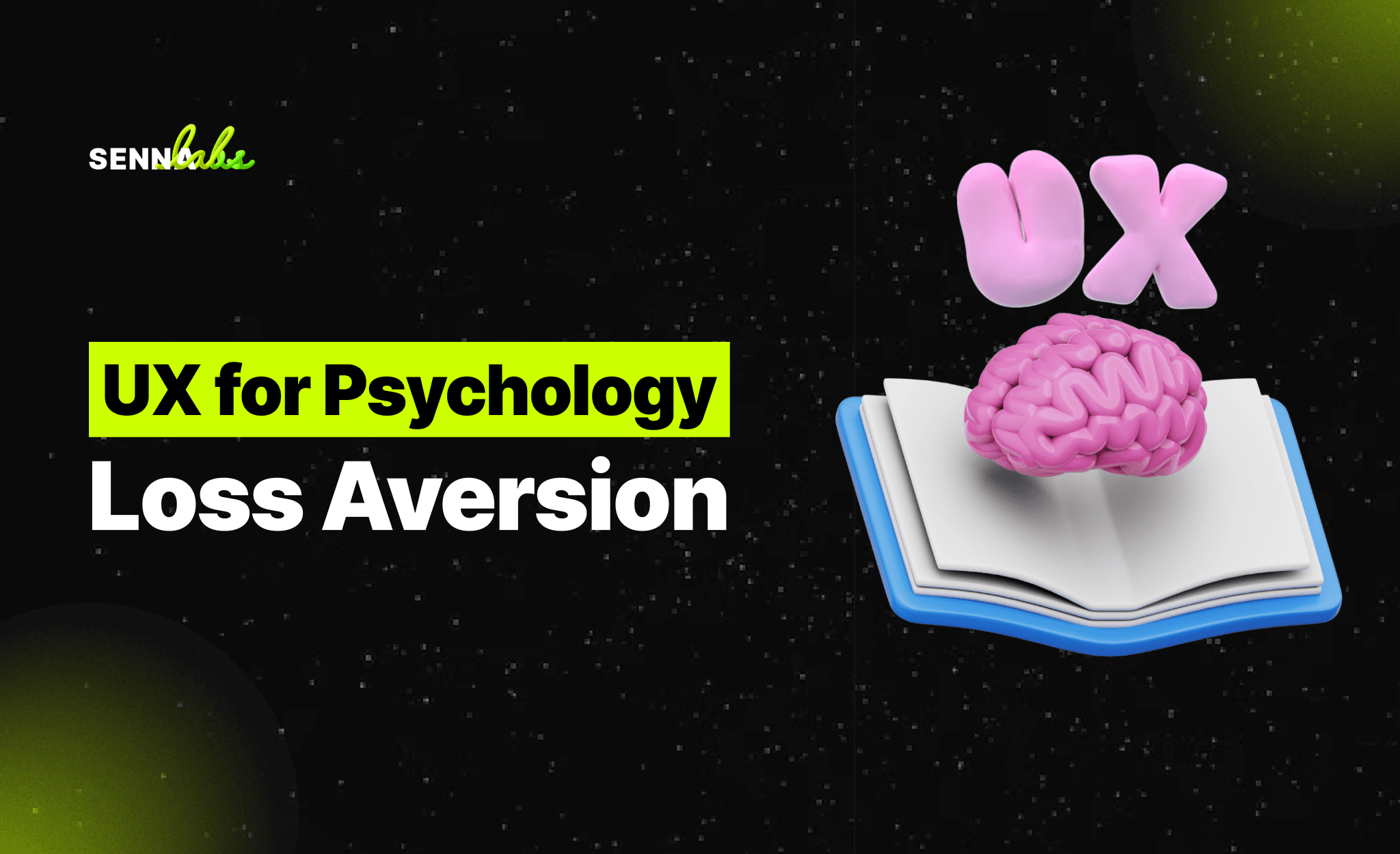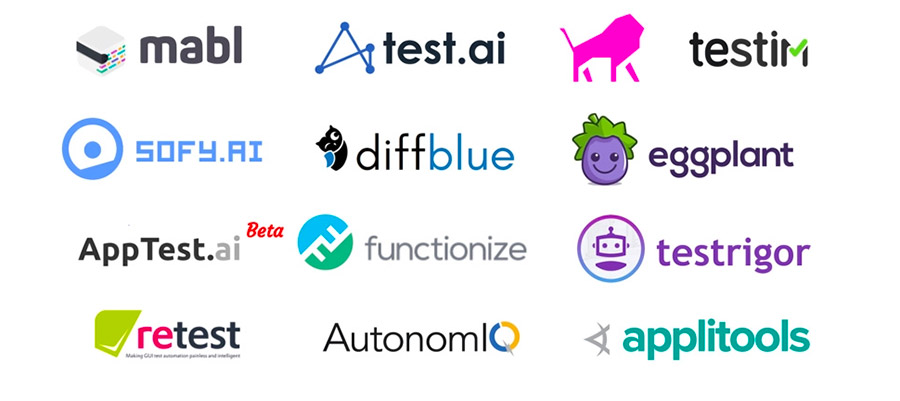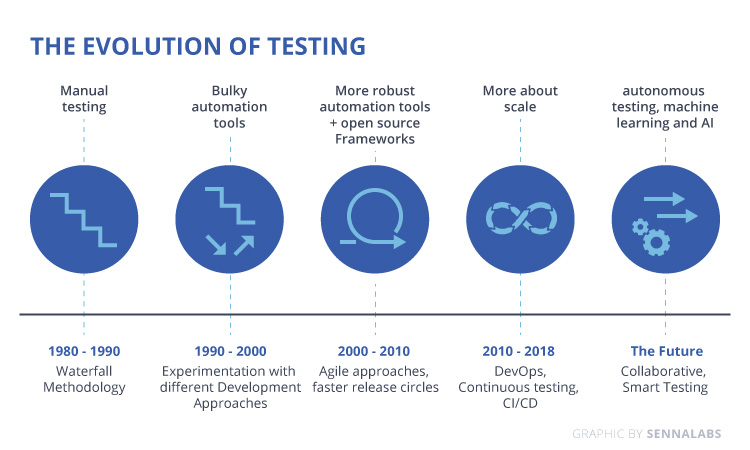The artificial intelligence impact on software testing
Share

Software testing is an investigation conducted to provide stakeholders with information about the quality of the software product or service under test. Software testing can also provide an objective, independent view of the software to allow the business to appreciate and understand the risks of software implementation.
Software testing involves the execution of a software component or system component to evaluate one or more interest properties. In general, these properties indicate the extent to which the component or system under test:
- Meets the requirements that guided its design and development
- Responds correctly to all kinds of inputs
- Performs its functions within an acceptable time
- Achieves the general result its stakeholder's desire
Artificial intelligence (AI) and machine learning (ML) are transforming multiple sectors of the economy and impacting several aspects of our daily lives.
Workplaces such as those in finance, healthcare, retail, education, and technology are leveraging AI to automate tasks, reduce costs, and make data-driven decisions. In our homes, AI is powering television and movie recommendations, personal digital assistants, security cameras, and home automation.
In software testing
AI aims to make testing smarter and more efficient. AI and machine learning apply reasoning and problem solving to automate and improve testing. AI in software testing helps reduce time-consuming manual testing, so teams can focus on more complex tasks, like creating innovative new features.
Since 2014, there has been a spike in the number of vendors offering AI-driven testing services. The majority of these tool vendors are startup companies targeting system-level testing of mobile applications, and the subject is generating some much-needed buzz in the industry.
Startups and vendors in the AI for testing space (resource)
The current state of the practice uses autonomous and intelligent agents to automate activities such as application discovery, modeling, test generation, and failure detection. A combination of machine learning techniques is used to implement test bots. These include but are not limited to decision tree learning, neural networks, and reinforcement learning.
Machine learning allows the test bots to be robust and act under conditions of uncertainty, unlike traditional test automation tools and frameworks. Examples of AI-driven testing approaches that have formed over the last decade include:
- Differential testing: comparing application versions overbuilds, classifying the differences, and learning from feedback on the classification.
- Visual testing: leveraging image-based learning and screen comparisons to test the look and feel of an application.
- Declarative testing: specifying the intent of a test in a natural or domain-specific language, and having the system figure out how to carry out the test.
- Self-healing automation: auto-correcting the element selection in tests when the UI changes.
Future Trends for AI in Software Testing
We should expect to see AI starting to replace entire technology stacks for automated testing. At all testing levels, AI will take over automation tasks that require decisions that a human could make in less than a second. Initially, higher-order testing tasks may still require human input or intervention. These are the tasks that require a bit more thought, such as test generation, usability testing, security testing, and edge cases.
However, as technology progresses over time, and as the machines are trained on the actions of these higher-order tasks, AI is likely to take over those activities and tackle problems that require deeper context.
AI is already altering the landscape of testing. And while we don’t know exactly what the future of software testing holds, we can prepare for it by stabilizing and scaling test automation to mature our future processes.

Share

Keep me postedto follow product news, latest in technology, solutions, and updates
Related articles
Explore all




